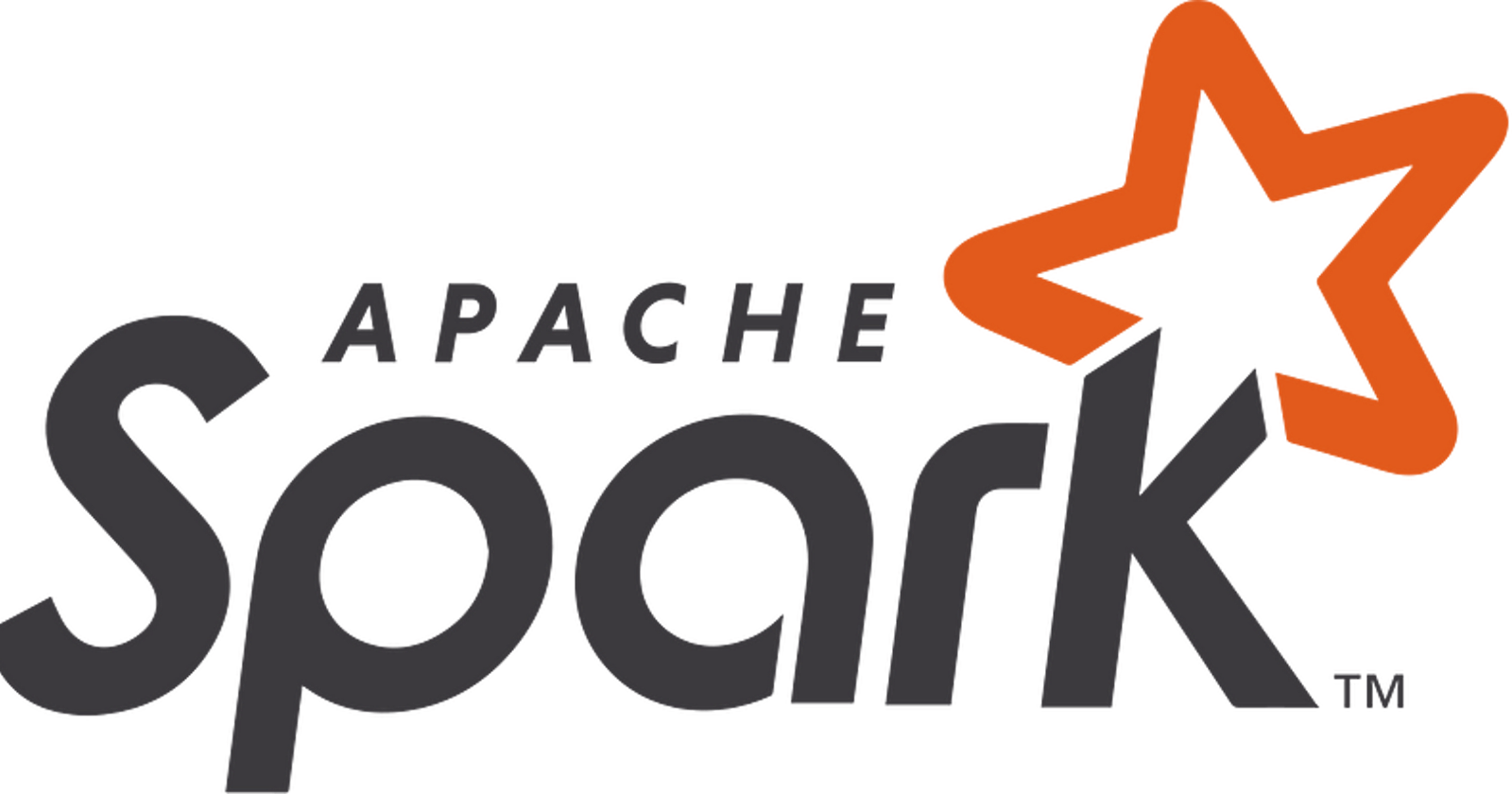Spark Framework: The Fast and Powerful Choice for Big Data Processing 🚀
Big data processing has become a critical component for many organizations in recent years. To stay ahead of the competition, businesses need to process and analyze massive amounts of data quickly and efficiently. This is where Spark Framework comes in. Spark is a fast and powerful open-source framework for distributed computing that has gained immense popularity in the big data processing space.
So, what makes Spark so popular? Let’s take a closer look at its features and advantages.
⚡️ Lightning Fast Processing: Spark is designed to handle large-scale data processing at lightning-fast speeds. It achieves this by using in-memory computing, which allows data to be processed in memory rather than being read from and written to disks. This can significantly reduce processing time and improve performance.
🎯 Easy to Use: Spark offers a simple API for programming, making it easy to learn and use. It supports multiple programming languages, including Java, Scala, Python, and R, allowing developers to work in their preferred language.
🔗 Versatile: Spark supports a wide range of data sources, including Hadoop Distributed File System (HDFS), Cassandra, HBase, and Amazon S3. This makes it easy to integrate with existing data sources and applications.
🚀 Scalable: Spark is highly scalable, allowing it to handle large amounts of data and processing tasks with ease. It can run on clusters of hundreds or thousands of nodes, making it suitable for big data processing.
🔧 Extensible: Spark offers a wide range of libraries and tools that can be used to extend its functionality. This includes libraries for machine learning, graph processing, and streaming data processing.
🔍 Spark vs. Hadoop: While Hadoop is a popular framework for big data processing, Spark has several advantages over it. Spark is faster than Hadoop as it uses in-memory computing, while Hadoop relies on disk-based storage. Spark is also more versatile than Hadoop, as it supports multiple data sources and can run on various cluster managers.
🌟 Conclusion: Spark is a powerful framework for big data processing that offers lightning-fast processing speeds, easy-to-use APIs, and extensive libraries for machine learning, graph processing, and streaming data processing. It is highly scalable and supports multiple programming languages, making it an excellent choice for organizations looking to process large amounts of data quickly and efficiently.
If you haven’t tried Spark yet, we highly recommend it! Give it a go and let us know what you think. 🚀👍
Unlock the power of knowledge with every scroll — Follow our Medium blog for a daily dose of insightful and thought content
